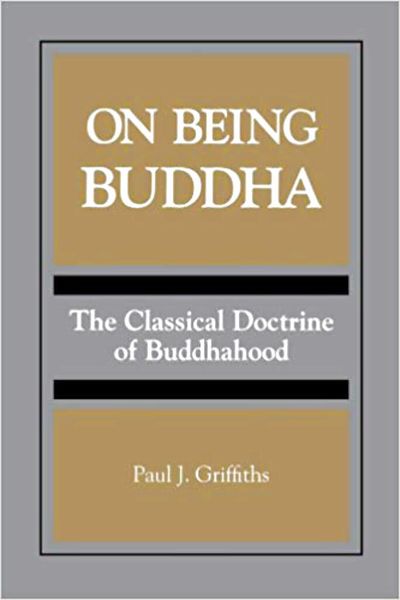- Foreward by Frank E. Reynoldsxiii
- Prefacexvii
- Acknowledgementsxxi
- Chapter One: The Doctrinal Study of Doctrine
- 1.0 Prolegomena1
- 1.1 Primary Doctrines6
- 1.2 Secondary Doctrines12
- 1.2.1 Rules of Recognition and Patterns of Derivation12
- 1.2.2 Rules of Interpretation and Combination20
- 1.3 The Doctrinal Uses of Primary Doctrines21
- 1.4 Applying the Theory23
- Chapter Two: Buddhist Doctrine
- 2.0 Prolegomena27
- 2.1 The Doctrinal Digests27
- 2.2 The Authority of the Doctrinal Digests33
- 2.3 The Content and Subject-Matter of the Doctrinal Digests41
- 2.4 The Goals of the Doctrinal Digests43
- 2.5 Theories of Doctrine in the Doctrinal Digests46
- 2.5.1 Rules of Recognition46
- 2.5.2 Rules of Interpretation51
- Chapter Three: Buddhalogical Doctrine
- 3.0 Prolegomena57
- 3.1 Buddhalogy and Maximal Greatness58
- 3.2 Titles and Epithets of Buddha60
- 3.3 Properties of Buddha66
- 3.4 Analytical and Organizational Schemata75
- 3.5 Metaphysical Embeddedness and Systematic Location82
- Chapter Four: Buddha in the World
- 4.0 Prolegomena87
- 4.1 The Buddha-Legend87
- 4.2 Bodies of Magical Transformation90
- 4.3 Buddha's Perfections of Appearance in the World97
- 4.4 Buddha's Perfections of Action in the World101
- 4.4.1 Spontaneity and Effortlessness103
- 4.4.2 Endlessness and Omnipresence107
- 4.4.3 Excursus: Buddha's Consumption of Food110
- 4.5 Buddha's Perfections of Cognition in the World115
- 4.5.1 Omnilinguality116
- 4.5.1 Awareness of What Is Possible and What Is Impossible118
- 4.6 One Body of Magical Transformation at a Time? A Controversy119
- Chapter Five: Buddha in Heaven
- 5.0 Prolegomena127
- 5.1 Ornamenting Heaven128
- 5.2 Bodies of Communal Enjoyment134
- Chapter Six: Buddha in Eternity
- 6.0 Prolegomena147
- 6.1 Epistemic Predicates151
- 6.1.1 Awareness Simpliciter151
- 6.1.2 Buddha's Awareness153
- 6.2 Metaphysical Predicates173
- Chapter Seven: Doctrinal Criticism
- Doctrinal Criticism181
- Notes203
- Glossary229
- Bibliography233
- Index253


